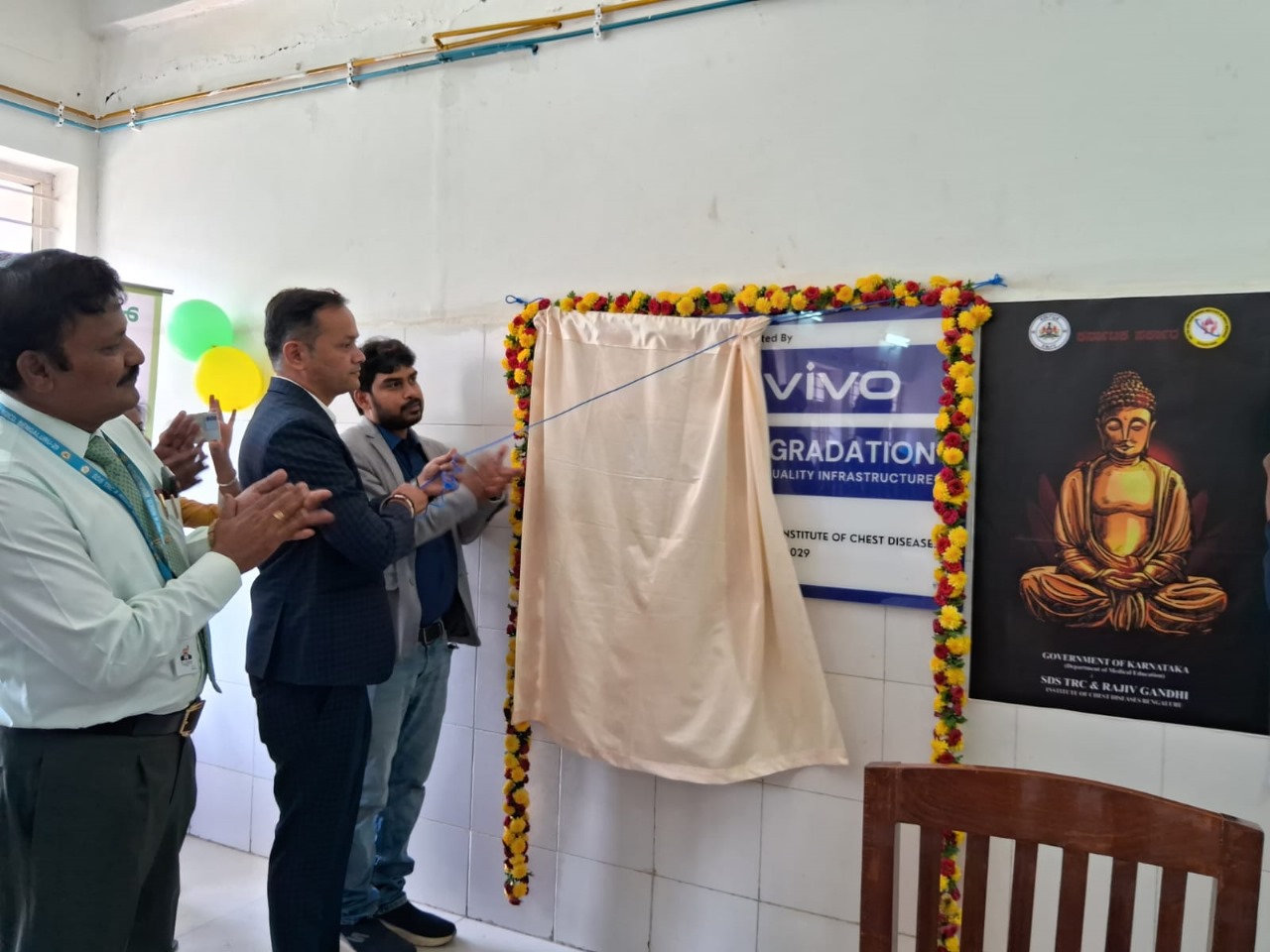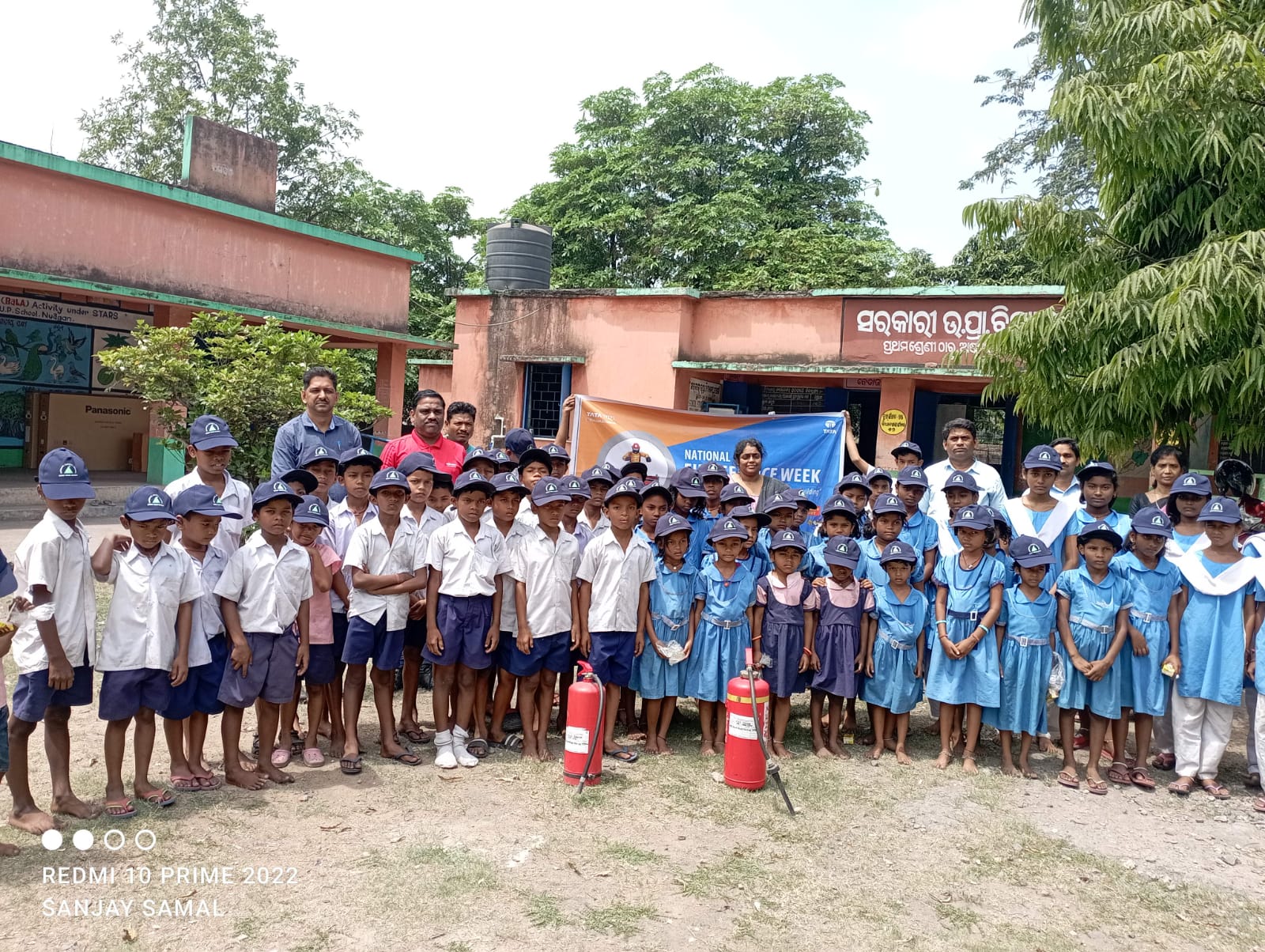Subscribe our Weekly Newsletter
Applications Invited for Projects Food security 2023

Organization: Delegation for the External Action of Territorial Collectivities (DAECT)
Apply By: 31 Mar 2023
About the Organization
The Delegation for the External Action of Local Authorities (DAECT) is attached to the Directorate General for Global Affairs, Culture, Education and International Development.
The DAECT defines and implements the support strategy for decentralized cooperation (calls for projects, joint geographical funds). It implements this strategy in complementarity with the action of all the partners: animation of dialogue with local authorities and their associations, animation of working groups promoting a shared approach, development of mutualizing partnerships, in particular with operators, etc.
It defines and implements, in consultation with the embassies, geographical strategies for the development of decentralized cooperation, particularly in countries where French local authorities have little or no presence.
It sets up tools to promote consistency and pooling (bilateral foundations, French atlas of decentralized cooperation, CNCD economic committee) as well as tools to promote the development of decentralized cooperation (online stock market-partnerships).
It provides information, analysis and advice services to communities involved internationally and sets up communication tools to facilitate consultation and coordination.
It contributes to the drafting of legal texts (cross-border cooperation, overseas regional cooperation) and to the improvement of the procedures for exercising decentralized cooperation.
About the Grant
After several years in which global food security has gradually improved, the year 2014 marks a new period of regression with an ever-increasing number of people suffering from hunger as a result of conflicts, growing economic and social inequalities , extreme climatic events causing ever greater destruction. The two years of the pandemic have further aggravated the situation: the appearance of shortages linked to supply disruptions within agri-food chains, the resurgence of inflation, particularly in food products, have, through their combined effects, strongly affected most vulnerable populations.
Most recently, the war in Ukraine has seriously endangered grain supplies, especially wheat, the staple food for more than 35% of the world's population. Africa, the Middle East and Asia are more than 50% dependent on wheat imports from Russia and Ukraine. The sharp decline in cereal supplies and the sharp increase in prices since the outbreak of the conflict raise fears of a further decline in food security in the months and years to come.
At the same time, the move towards sustainable food systems is a growing concern. It is both a public health issue but also a territorialisation of production, economic development, revitalization of the social fabric, food sovereignty and environmental protection.
Food security and sustainable agriculture are essential factors for the development of human societies. Faced with the climate emergency and the collapse of biodiversity, agricultural and food systems must become more sustainable and resilient.
The fight against poverty requires, in particular, support for family farming and inclusive economic policies to create decent jobs in the agricultural sectors, in particular for young rural people and women.
Local authorities appear well equipped to support sustainable economic development, concerned about ecological balances in order to ultimately improve the food security of the territories they administer. Their actions are essential to change food systems and find solutions that will make it possible in the coming years to increase the nutritional quality of food available to populations. They have many levers for action, in particular through the decisions they are able to make on land management, the supply of school canteens and the various places of collective catering and more generally with their public purchasing policy. These levers are also achieved through the Territorial Food Project (PAT) system resulting from the Future Law for Agriculture, Food and Forests (LAAF) of 2014 and whose objective is to relocate agriculture and food in the territories. There are currently more than 400 PAT on the national territory.
Through the actions carried out by French local authorities abroad, they contribute to strengthening the experiences and expertise which, in the field of the evolution of food systems, will have a direct and rapid effect on economic development and on the levels of food security.
The Ministry for Europe and Foreign Affairs (MEAE) wants to encourage joint initiatives by French and foreign local authorities which will aim to achieve greater food security on their territory and which will allow local authorities to make their contribution to the advancement of SDG 2, which aims to eradicate hunger, improve nutrition and promote sustainable agriculture, but also SDG 1, SDG 8 and SDG 11.
Objectives
The objectives of this call for projects are:
- The awareness of local authorities that they have, through the policies they can put in place, an important driving role in the transitions of food systems contributing to greater food security and better nutrition;
- the development of community actions that increase the level of food security;
- strengthening the skills of French and foreign local authorities by transferring expertise and exchanging experiences between them.
This call for projects is part of France's International Strategy for Food Security, Nutrition and Sustainable Agriculture 2019-2024 , and the 2022-2031 Strategic Framework of the FAO (United Nations Food and Agriculture Organization). food and agriculture) which aims to promote the transformation of agri-food systems to make them more efficient, more inclusive, more resilient and more sustainable with a view to improving production, nutrition, the environment and working conditions. life.
Eligibility
This call for projects is aimed at French metropolitan or overseas local authorities (CTF) or their groups that are carrying out projects within the framework of decentralized cooperation partnerships with foreign local authorities.
In all cases, project management must be provided by one or more CTFs or groups of CTFs and their counterparts, and project monitoring must be provided by one or more CTFs or groups of CTFs.
The cooperation project submitted must be accompanied by an agreement signed by the official representatives of the CTF(s) and the partner foreign local authority(ies) or letters of intent concerning the project. Project management can be delegated, for example, to an association, a company, a public establishment, etc.
With regard to projects carried out in countries eligible for ODA and benefiting from increased support from the DAECT (the 19 priority countries on the list of the Interministerial Committee for International Cooperation and Development - CICID ), the CTF project manager undertakes to set up or have set up, when necessary, actions and training to improve the project management capacity of the local authority of the partner country.
This AAP is open to all countries and territories of the world, with separate co-financing rates according to the characteristics defined in Article IV.
How to Apply
The CTFs are invited to make all the necessary contacts as early as possible with the services placed under the authority of the French Ambassador, in particular the Service d'action et de coopération culturelle (SCAC) which will be their privileged interlocutor for shed light on the local context of their cooperation.
Applications will be submitted online using the dematerialized procedure on the decentralized cooperation portal, at the address : www.cncd.fr. No file will be accepted in paper format.
A “word” version of the form is available on France Diplomatie to enable local authorities to read it and prepare the answers that will have to be entered in the online form.
Each CTF must create an account in the CNCD extranet, in order to be assigned a personal identifier and password. A procedure guide for submitting applications online is available on France Diplomatie.
The online form must be completed with the following documents, which CTFs can download directly into the platform:
- the letters of intent signed by the executives of the partner local authorities and indicating the amount requested;
- the application form also signed by the executives of the partner local authorities (generated automatically by the CNCD platform);
- a schedule/chronogram of activities (an example is available on the MEAE website);
- an administrative and financial document providing at least the RIB and the INSEE code of the CTF as well as the contact details of the person in charge of budgetary and accounting monitoring within the CTF.
- Any other additional document is also welcome but optional.
In case of difficulty in the online filing procedure, CTFs can contact: secretariat.dgm-aect @ diplomatie.gouv.fr / 01 43 17 62 64
For more information please check the Link
Latest Online Store
Latest Tenders And EOIs
Latest News
© Renalysis Consultants Pvt Ltd


























